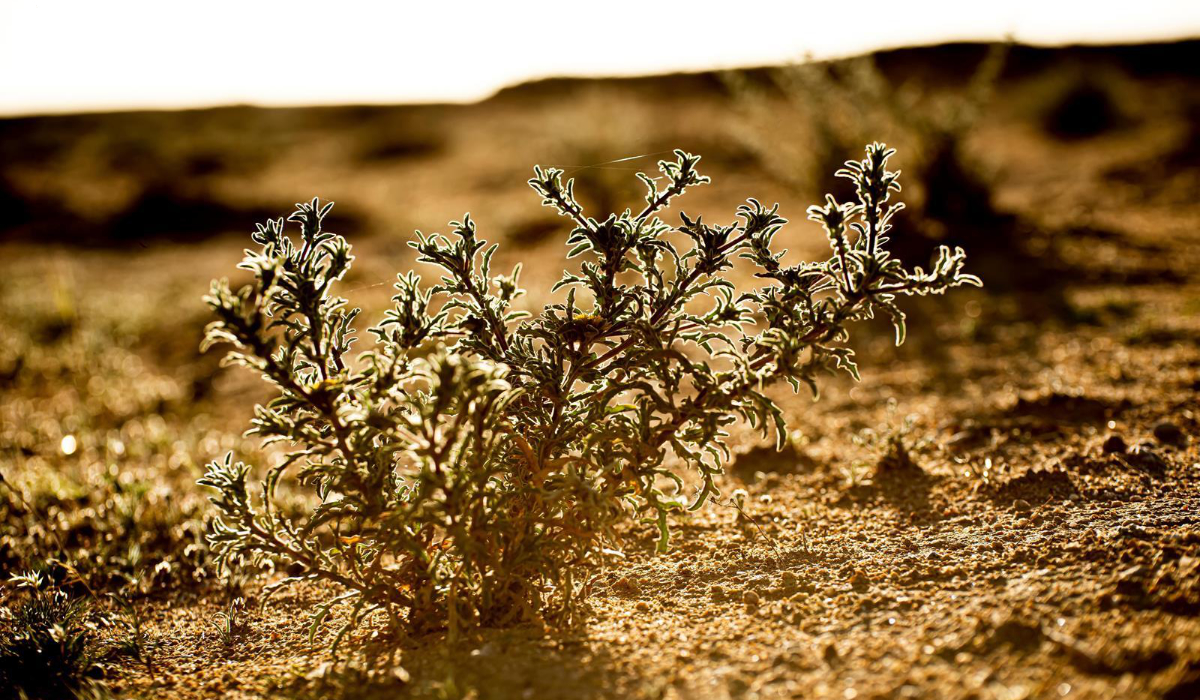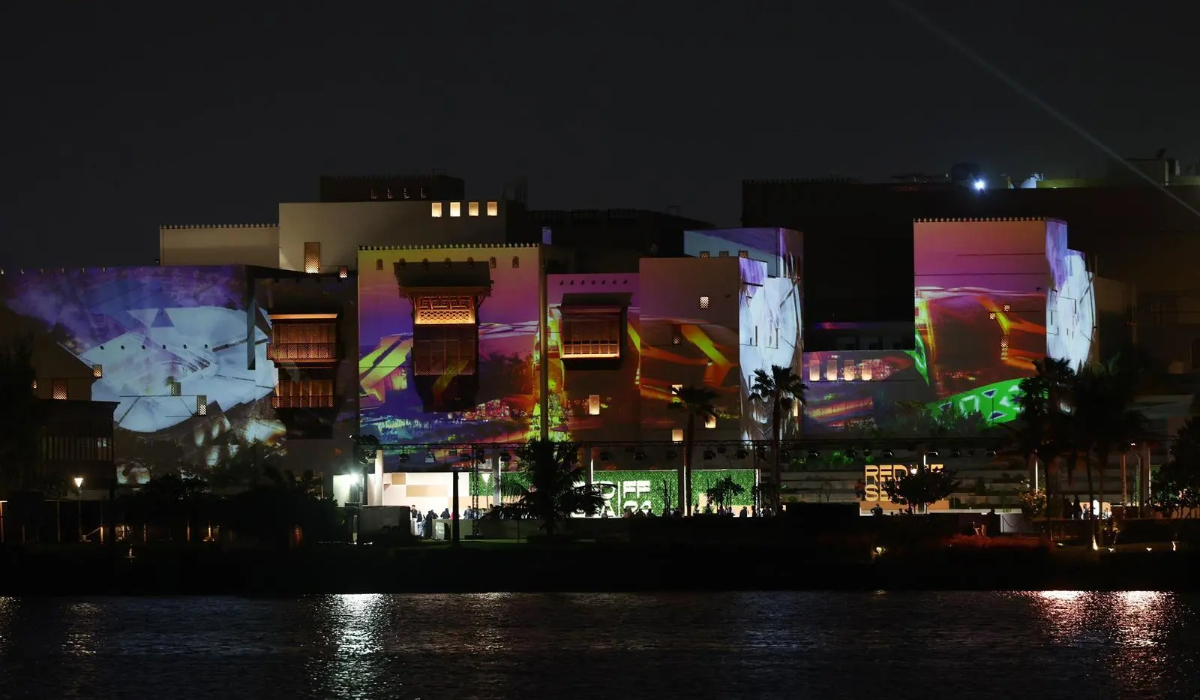RIYADH: Much of Saudi Arabia’s progress is “irreversible” due to its popularity among young people, an EU human rights emissary has told Arab News.
Olof Skoog, EU special representative for human rights, sat down with Arab News to discuss the progress made by the Kingdom, ahead of the 4th EU-KSA Human Rights Dialogue that took place in Riyadh on Tuesday.
Regarding the changes in recent years, Skoog said: “I see them very much as genuine reforms. Saudi Arabia (has) a very youthful population. The country is quickly modernizing, in a way, more attuned to what happens around the world, and the young people are very much onto that.”
“That’s why I think that much of what is happening here is irreversible, in a way, because the next generation is going to demand to maintain these rights, at least, for girls and women.
“The more you see women take a very strong part in the entire workforce here, from lawyers to doctors to judges and politicians, I think that’s also going to be an irreversible inspiration for the next generation.”
Elaborating on Saudi Arabia’s progress in women’s rights, Skoog added: “I’ve been very impressed with the changes for women in particular.
“And during a very short period of time, a lot has happened for empowering women, including in the workforce. This is something we are happy to see. And, I’d like to encourage further steps in favor of equality in Saudi Arabia,” he said.
Under Saudi Arabia’s Vision 2030, women’s rights have seen significant advancements, beginning with the 2018 lift of the ban on driving.
These reforms have extended into increased workforce participation, initiatives to empower women in the workforce, greater legal and social protections, increased leadership roles in government and business, participation in security and military service, and autonomy over travel and personal decisions.
Skoog also discussed the importance of addressing remaining challenges in both Saudi Arabia and the EU.
He said that there is still progress to be made by Saudi Arabia when compared with European societies, but also acknowledged the shared shortcomings of both regions: “Unfortunately, in all societies, including in Europe, there’s difficulties when it comes to gender-based violence, for instance, and we are trying to mobilize strong legislation and campaigns against that.”
Part of the EU’s role around the world is to promote and engage with civil society organizations and create a well-rounded space for them to share concerns.
With the delicate matter of addressing human rights issues seems to be a challenge to balance while promoting strong diplomatic and political ties, Skoog ensures that it does not have to be.
“I think Saudi Arabia is very much showing right now in this reform agenda that any authority, government and leadership needs to be very attentive to the interests, rights and aspirations of their population,” he said.
“It’s very much about human rights. It’s very much about building a strong contract between the population and the government, or the government and the population.
“It’s political rights, it’s civic rights, but it’s also economic, social and cultural rights, and they all go together.”
The special representative said that Saudi Arabia’s hosting of the FIFA World Cup 2034 will bring global attention to the country’s labor laws, as was the case with Qatar when it hosted the event in 2022.
“I think with the World Cup, it’s just going to raise scrutiny from the outside world, even more to Saudis, you know, the construction industry and with everything that’s going to have to happen here,” he said.
A new area both entities are working hard to address is ensuring that the private sector is compliant with international obligations in promoting dignity and human rights in its workforce, supply chains, digital presence and sustainable practices.
“There’s quite a lot there that the EU is busy trying to make sure that, you know, if we find that the private sector is unable to voluntarily commit to certain codes of conduct or rules we’ve established, sets of regulations that bind them to it…
“The private sector companies that want to do business within in Europe need to show that they are responsible and sustainable in their supply chains,” he said.
While the EU provides a sense of guidance on the international standards of human rights conduct, collaboration is, ultimately, a two-way street.
The representative spoke about the importance of meaningful cross-regional dialogue, including criticism of the EU itself.
“There’s been, over the years, strong migratory pressures on the EU, as on many others, especially after 2015 with what happened in Syria then. I think that has also tested the EU’s commitment to international obligations when it comes to asylum and that kind of thing,” Skoog said.
“We also have xenophobia, racism, or antisemitism, or anti-Muslim expressions in our societies that need to be dealt with,” he added.
“No society is free from challenges and trying to strike the right balance between freedom of expression, but not in a way that brings hatred or also incites violence.”


































